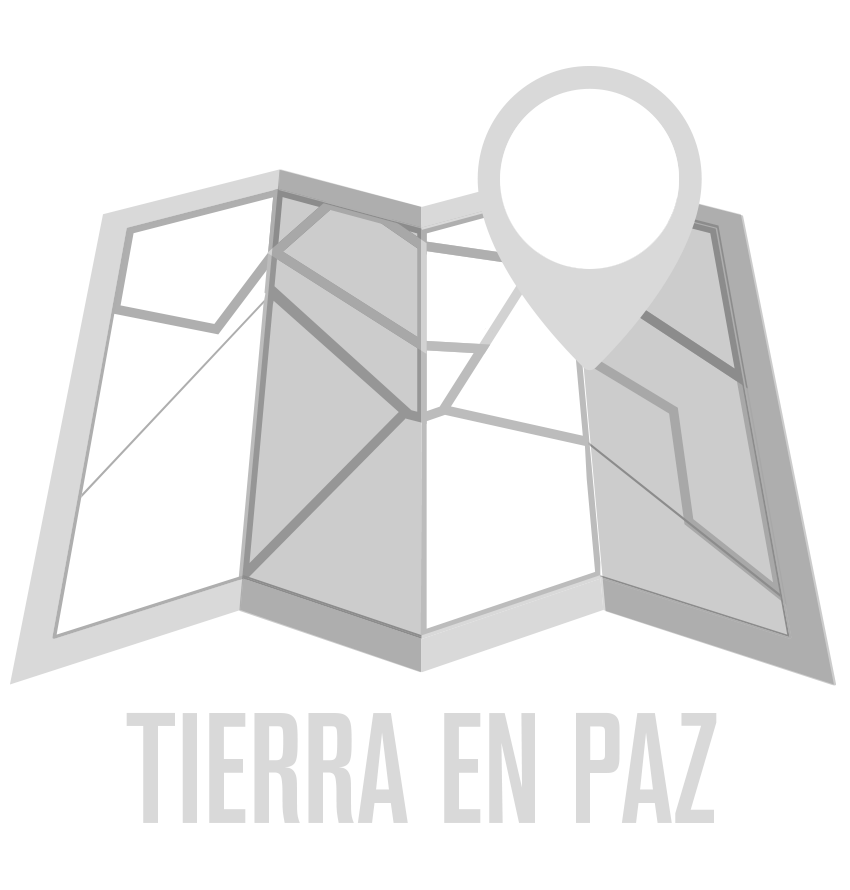National Learning Service (SENA) will offer a course on the use of innovative methodologies for land administration supported by Kadaster Colombia
Land administration is crucial for economic development and instrumental in the implementation of the Peace Agreement. Although very important steps have been made over the past years, the pace in land administration is still too slow to meet the enormous challenges. Training in innovative, fast and participatory methods in the whole country is of essence. That is why the Servicio Nacional de Aprendizaje (SENA), through a Memorando de Entendimiento establecido con la Embajada de los Países Bajos, started a training programme with Kadaster in Fit For Purpose (FFP) land administration.
In several intensive working sessions, Sena will establish and offer a new 48 hours complementary course “Participatory rural cadastral data collection'' so young people in all municipalities of the country can be trained to assist in land administration. During the first semester of 2022, the Kadaster team in Colombia has conducted virtual and face-to-face training with instructors on the use of innovative methodologies for land administration with an emphasis on the Fit for Purpose methodology and its technical and technological components.
The first course, carried out by Kadaster with the support of the Distrital University, the University of Twente, and the SwissTierras Project, was developed in a hybrid way with a virtual component between February 10 and 12 and a face-to-face component with practical learning in the field (Tunal Alto, rural area of Bogota) from February 14 to 18.
As a result of this training, instructors and young peasant were certified in the use of the FFP methodology, and a commitment was made to create a complementary 48-hour course to be taught by SENA and a request for the instructors who will lead this course to deepen their knowledge of the technical and technological aspects of FFP.
The deepening of the FFP methodology and its technical and technological components was carried out from July 25 to 27 at the Cazucá Industrial and Business Development Center, Soacha, with instructors from different country departments.
For Walter Cárdenas, regional instructor for the capital district, "this course is important because as instructors we can be involved in cadastral processes, a relevant issue in country's land-related issues, especially with a focus on the use of software and technologies".
During the courses, topics such as land administration, FFP methodology, efficient and participatory field measurements, creation of maps for data collection in the field, data processing, and software management for public inspection, among others, were discussed.
With this training, Kadaster seeks to support land administration process, raise awareness of the FFP methodology through educational institutions and support the fulfillment of Colombia's goal to update the entire national cadastre established in CONPES 3958 of 2019.

